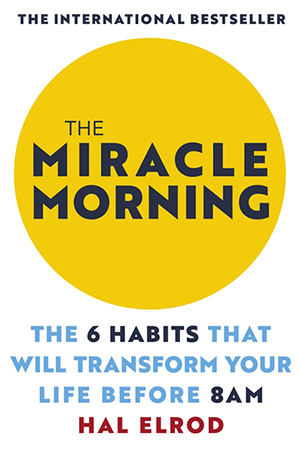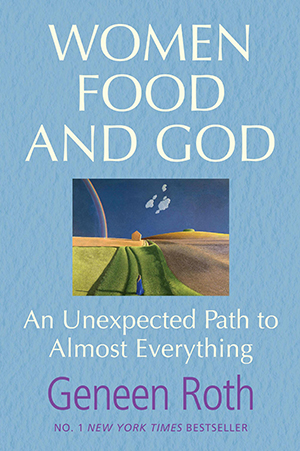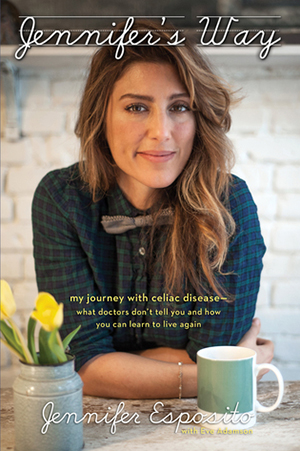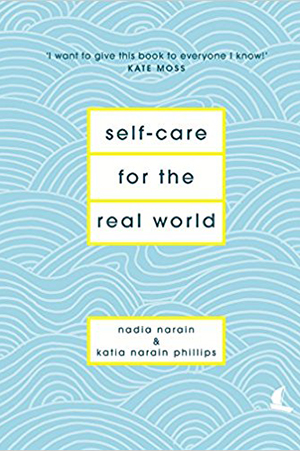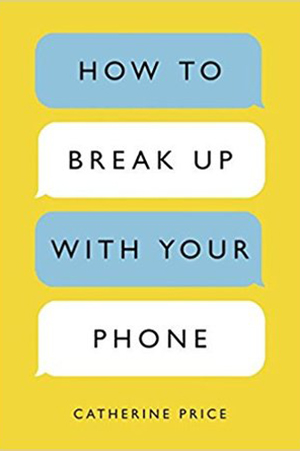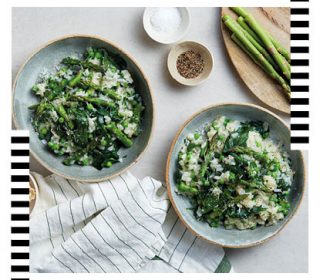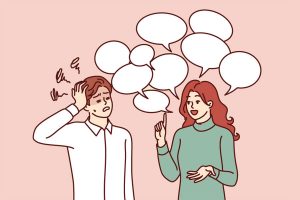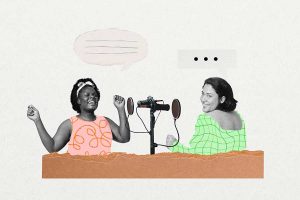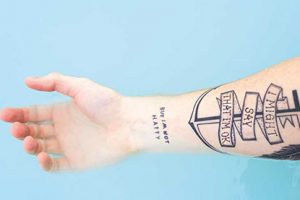The best self-help books everyone should read
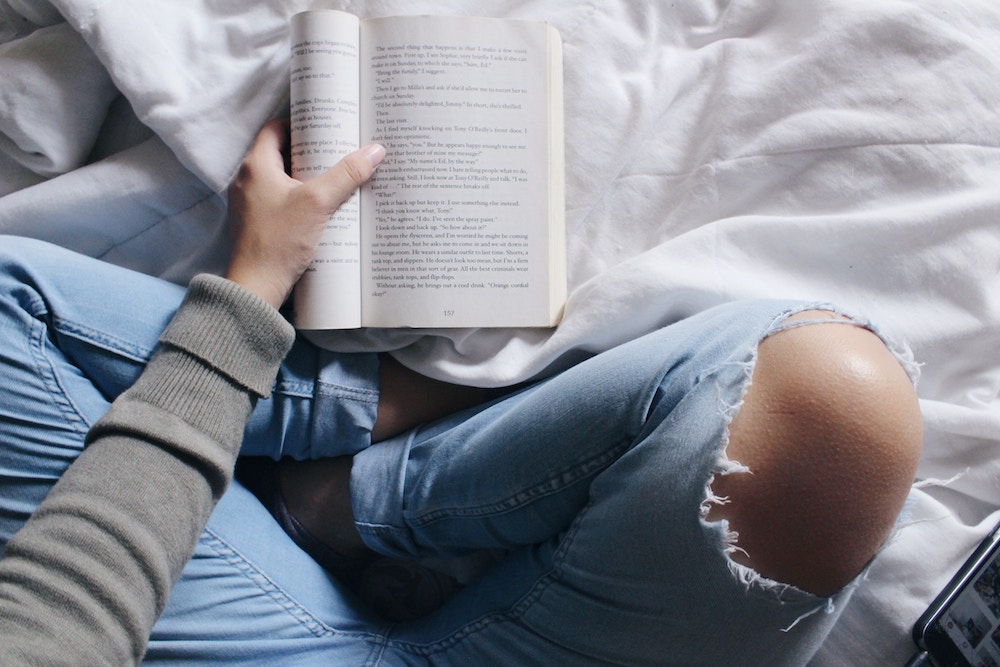
Once upon a time, if you confessed to a friend that your holiday reading was a self-help book, you might have received a raised eyebrow in response.
Since then, self-help books have undergone a stunning millennial rebranding with the majority being relabelled as ‘self-improvement’ or ‘personal development’ titles. What both these phrases have in common is that they suggest growth, improvement, and ambition, unlike the vulnerability and weakness associated with needing ‘help’.
With sales across the genre on the up, the number of books promising to improve your life/body/morning is increasing too. In fact, whether it is your diet that you’re looking to fine tune or a detox from the digital world that you crave, there is a self-help (or should we say self-improvement) book to guide you.
If you are lacking in free time to browse the shelves at Waterstones though, these are the best self-help books that positively changed our lives and might well have the same effect on you.
1. The Miracle Morning by Hal Elrod
‘It’s been said that the first hour is the rudder of the day. I’ve found this to be very true in my own life. If I’m lazy or haphazard in my actions during the first hour after I wake up, I tend to have a fairly lazy and unfocused day’ – Steve Pavlina
Hal encourages healthier morning habits, like silence, affirmations, visualisations, exercise, reading and scribing (writing in a diary). A good way to remember the routine is the word SAVERS.
Hal goes on to suggest each habit should be practiced for ten minutes, making the morning routine a full hour. Back in the real world, we’re so time poor that it may be more helpful to mix and match these stages. Pick two, or even one if you’re really up against it. Whichever you practice and however many stages you include it’s getting you closer to your goal either way. This book is great if you feel like you’re in need of a little boost of motivation and focus back in your life.
When you delay waking up until you have to – meaning you wait until the last possible moment to get out of bed and start your day – consider what you’re actually doing is resisting life. Every time you hit the snooze button, you’re in a state of resistance to your day, to your life, and to waking up and creating the life you say you want. – Hal Elrod
2. Women Food & God: An Unexpected Path to Almost Everything by Geneen Roth
‘Women turn to food when they are not hungry because they are hungry for something they can’t name: a connection to what is beyond the concerns of daily life. Something deathless, something sacred. But replacing the hunger for divine connection with Double Stuffed Oreos is like giving a glass of sand to a person dying of thirst. It creates more thirst, more panic.’ – Geneen Roth
Through decades of studying, teaching, writing and coaching thousands of women on her retreats and struggling with her own personal eating disorders this book is for anyone who suffers with their relationship with food, whether it’s overeating or eating too little. It’s about setting yourself free. Geneen urges us to concentrate on what we really need, which just can’t be found in the supermarket. With the support of her 7 steps, what you’ll discover is that the way we eat is how we live. It’s how we spend money, time and energy, and how we love. How you do anything is how you do everything. The food on your plate is an indication of what you really believe in terms of nourishment, shame, deprivation, what you deserve, and what ‘enough’ is.
3. Jennifer’s Way by Jennifer Esposito
‘There is something that happens to you when you feel unheard for so long. You die a little. I was physically, mentally and spiritually gone.’ – Jennifer Esposito
I gave this book to my sister who was struggling with an autoimmune disease a year ago (and still does). She went to see a specialist after test results came back as normal despite knowing something just wasn’t right. At times she would doubt herself and her own mind It’s an emotional read and a lesson in listening to your body and not letting anyone tell you you’re going mad or that it’s in your head. We are our own best doctors.
We all have our own opinions about sticking to a gluten-free diet. For some, staying away from gluten is absolutely vital for survival. Here Jennifer writes about her extreme battle with the ‘invisible’ disease of being a coeliac all her life and doctors never diagnosing her, to the point she was sectioned. I was absolutely hooked after I saw her speak about it during my studies. Totally inspiring.
4. Self-care for the real world by Nadia Narain & Katia Narain Philips
‘I have come to believe that caring for myself is not self-indulgent, caring for myself is an act of survival.’ – Audre Lorde
You may be hearing the term ‘self-care’ a lot right now and thinking it’s just another buzzword. I’ve read a lot on self-care but for anyone who thinks it’s for people with copious amounts of money and time to go for expensive massages and pedicures, this book breaks down what self-care actually is in the real world, and that you can function with it or you can flourish. From self-care with our phones and social media, eating on your own, creating a good habit that sticks, compromising, FOMO plus setting your boundaries it has it all. The sisters talk about how you can start self-care by meeting yourself where you are now and not where you’d like to be. Simply written, un-patronising and spoken as if your best friend has written it to you in a really caring way as opposed to preachy which makes it heavenly to read.
5. How to break up with your phone: The 30-day plan to take back your life by Catherine Price
Whenever you check for a new post on Instagram or whenever you go on the New York Times to see if there’s a new thing, it’s not even about the content. It’s just about seeing a new thing. You get addicted to that feeling.’ – Aziz Ansari
The concept is totally frightening and alien I know but bear with me. Award-winning Science journalist Catherine Price supports us to discover how our smartphones and apps are designed to be addictive, and learn how the time we spend on them damages our abilities to focus, think deeply, and form new memories. It’s full of hacks to make changes on your settings, apps, environment, and mindset that will enable you to take back control of your life and ‘break up’ with your phone and then ‘makeup’ but with a healthier relationship.
The book opens up by throwing you into reading a break-up letter that Catherine writes to her phone which is something I often recommend my clients to do if they struggle in this area. You can’t run and hide from this book as the introduction kicks off with a 15 question quiz to measure how addicted you are. It is fascinating, frightening and about time we had a step back.



